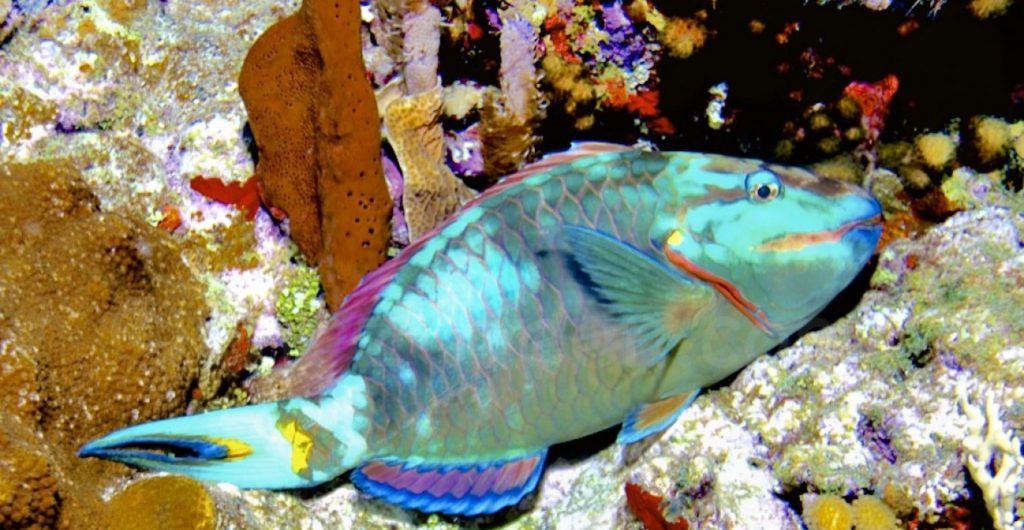Several hundred fish were found dead at sea or along the beaches late October in various parts of Praslin, the second most populated island of the archipelago, within the nature reserve Cousin, and Mahe Island main.
A toxin could be at the origin of the planktonic algae proliferation affecting the archipelago
Preliminary results from tests conducted on samples of fish and sea water collected in the Seychelles have confirmed the presence of a toxin the “polykrikide Cochlodinium” which would be the main species responsible for the proliferation of planktonic algae, affecting some regions archipelago in the Indian Ocean.
Although the main species causing algae blooms has been confirmed, the effects on humans are still unknown, hence the caution still in effect for people not to consume fish. “There is no evidence that the species can have harmful effects on man… Therefore, the most complete and successful tests will be needed to determine whether and to what extent the species can be toxic to humans when they eat fish”, said the director general of the SFA Vincent Lucas.
According to the CEO of the SFA, species of coral reefs are the major risk because they consume plankton while pelagic species are less vulnerable as they move away from the affected areas.
The results of tests to determine the level of toxicity to humans are expected early next week, according to the SFA.



